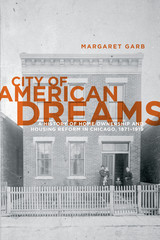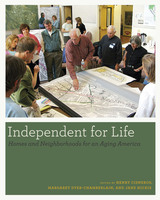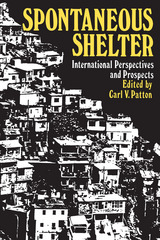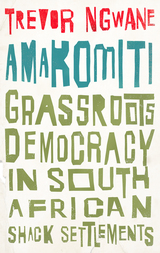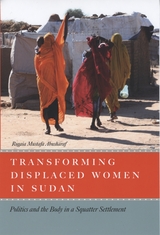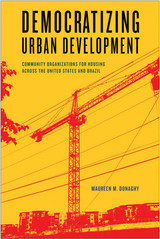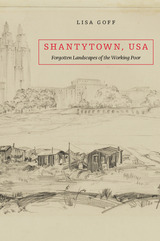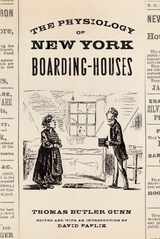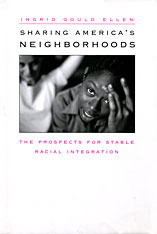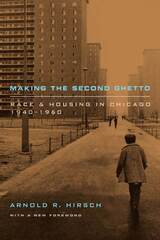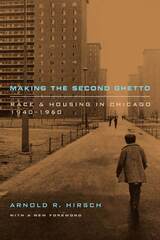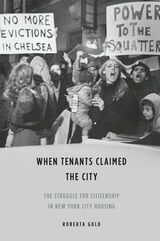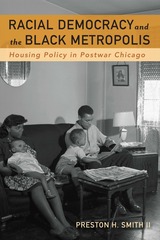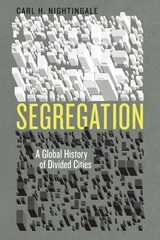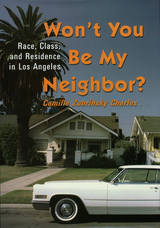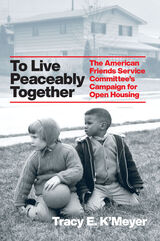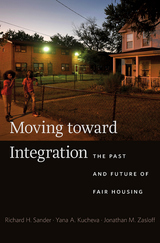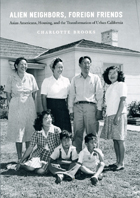A Bed Called Home: Life In The Migrant Labour Hostels of Cape Town
Ohio University Press, 1993
Paper: 978-0-8214-1063-9
Library of Congress Classification HD7288.S6R36 1993
Dewey Decimal Classification 305.562
Paper: 978-0-8214-1063-9
Library of Congress Classification HD7288.S6R36 1993
Dewey Decimal Classification 305.562
ABOUT THIS BOOK
ABOUT THIS BOOK
In the last three years the migrant labor hostels of South Africa, particularly those in the Transvaal, have gained international notoriety as theaters of violence. For many years they were hidden from public view and neglected by the white authorities. Now, it seems, hostel dwellers may have chosen physical violence to draw attention to the structural violence of their appalling conditions of life. Yet we should not lose sight of the fact that the majority of hostel dwellers are peace-loving people who have over the years developed creative strategies to cope with their impoverished and degrading environment.
In this challenging study, Dr. Mamphela Ramphele documents the life of the hostel dwellers of Cape Town, for whom a bed is literally a home for both themselves and their families. Elaborating the concept of space in its many dimensions—not just physical, but political, ideological, social, and economic as well—she emphasizes the constraints exerted on hostel dwellers by the limited spaces they inhabit. At the same time, she argues that within these constraints people have managed to find room for manoeuvre, and in her book explores the emancipatory possibilities of their environment.
The text is illustrated with a number of black-and-white photographs taken by Roger Meintjes in the townships and hostels.
In this challenging study, Dr. Mamphela Ramphele documents the life of the hostel dwellers of Cape Town, for whom a bed is literally a home for both themselves and their families. Elaborating the concept of space in its many dimensions—not just physical, but political, ideological, social, and economic as well—she emphasizes the constraints exerted on hostel dwellers by the limited spaces they inhabit. At the same time, she argues that within these constraints people have managed to find room for manoeuvre, and in her book explores the emancipatory possibilities of their environment.
The text is illustrated with a number of black-and-white photographs taken by Roger Meintjes in the townships and hostels.
See other books on: Cape Town | Housing | Migrant labor | Minority Studies | Republic of South Africa
See other titles from Ohio University Press

